Shelly Sterling's attorneys say family trust rules not medical experts matter in fight over Clippers
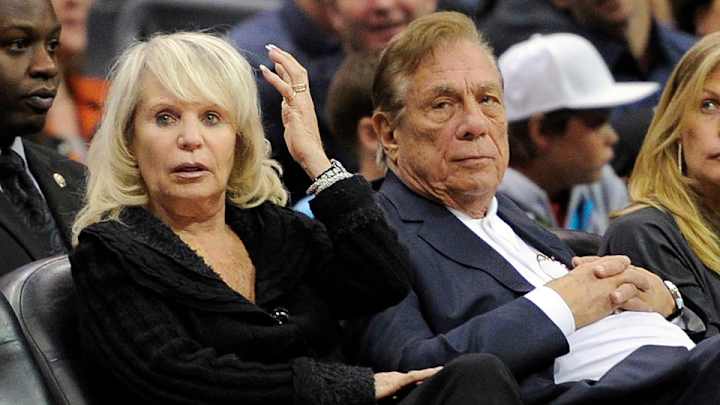
Attorneys for Los Angeles Clippers co-owner Shelly Sterling filed paperwork Wednesday saying that her husband Donald Sterling shouldn't be allowed to have his own medical experts testify concerning his mental faculties, USA Today's Brent Schrotenboer reports.
That issue and others will be resolved starting July 7 in a four-day hearing to determine if Shelly Sterling had the right to broker a $2 billion deal to sell the team to former Microsoft executive Steve Ballmer.
"A battle of medical experts is not relevant to prove or disprove that Donald was incapacitated as of May 29, 2014," said the documents filed by Pierce O'Donnell, Shelly Sterling's attorney. "Such evidence would be relevant only if a court determination of (mental) incapacity was required, which it is not."
A family trust owns the Clippers and according to the terms of the trust, trustees can be removed if found to be mentally incapacitated by two doctors.
Donald Sterling has tried to block the sale of the team, after he was banned by the NBA for life and fined $2.5 million for making racial comments on an audio recording that was later released publicly.
MORE NBA COVERAGE: Team needs | Big Board: Top 50 players | Offseason X-factors
Sterling is suing the NBA for $1 billion saying that the league violated his constitutional rights, committed a breach of contract, and violated antitrust laws by trying to strip the Clippers’ ownership from him and force the sell of the team.
PHOTOS: Notable Suspensions in Sports
Notable Suspensions in Sports
Donald Sterling
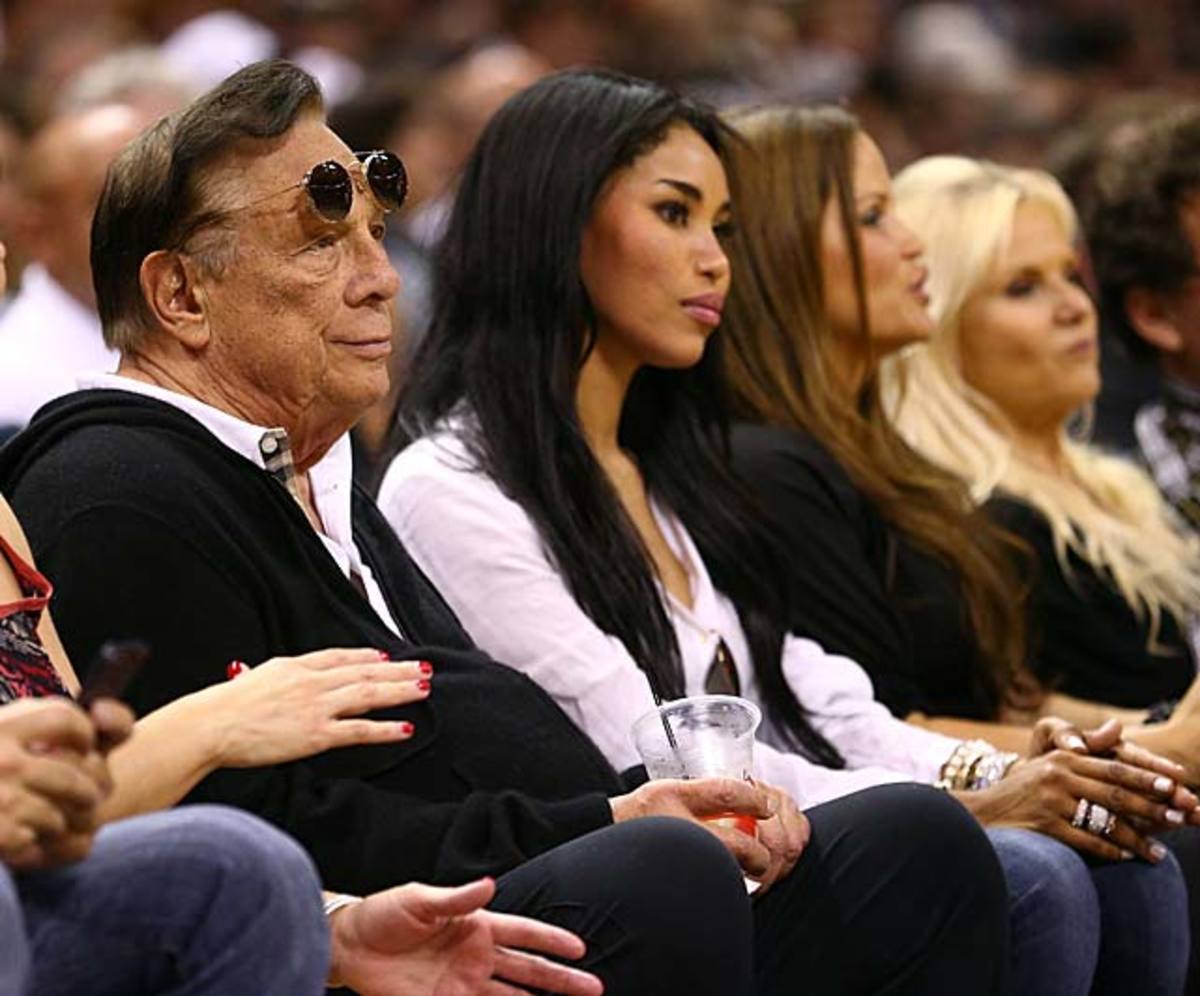
Los Angeles Clippers owner Donald Sterling was banned for life by the NBA on April 29th after an audio recording surfaced in which he could be heard making a series of racist remarks. In that recording, he scolded his girlfriend for bringing African-Americans to Clippers games and for posting photos of her and African-Americans to her Instagram account. Here are some other suspensions and bans involving sports figures over the years.
Michael Vick
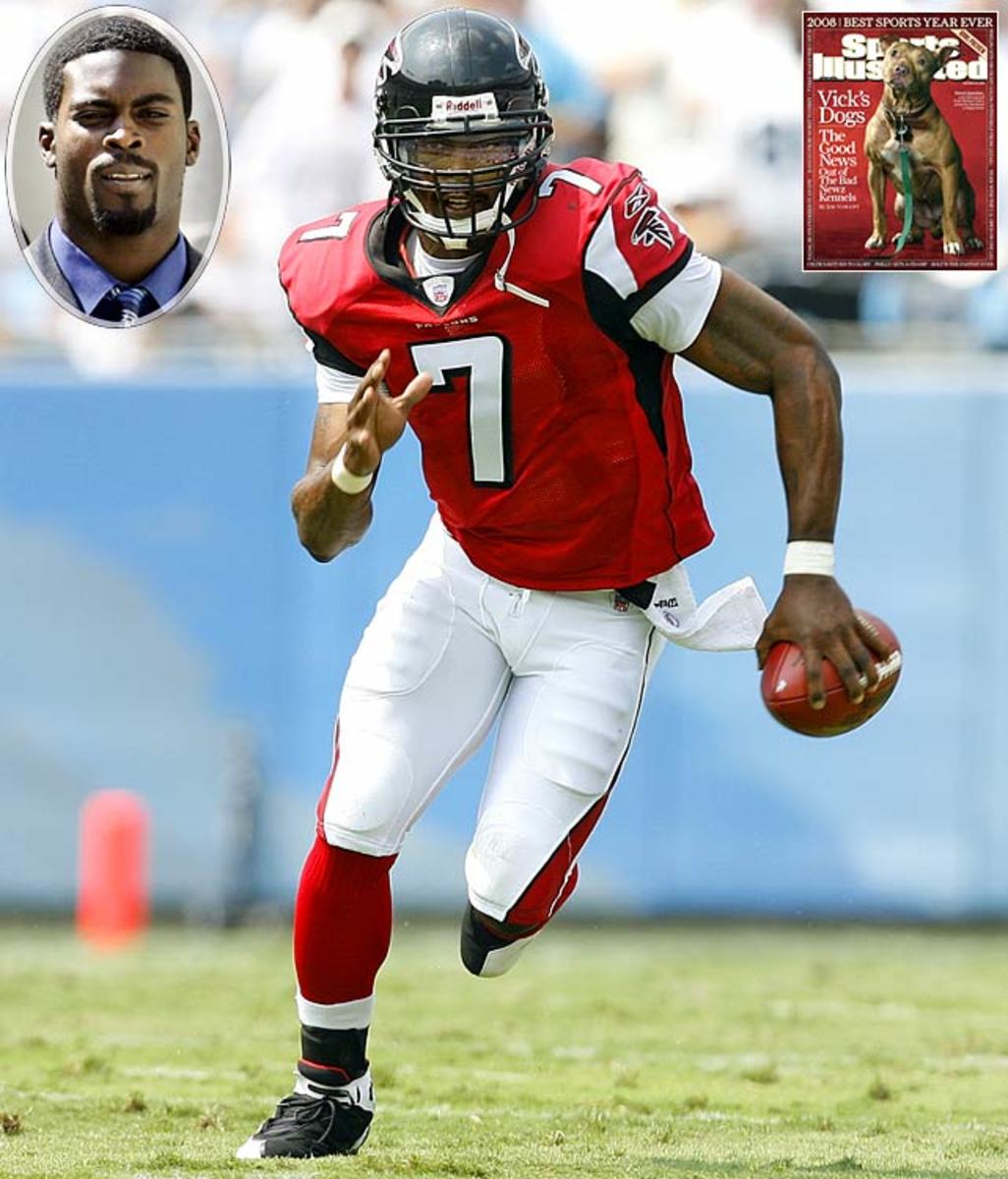
The Falcons quarterback served 21 months in federal prison after pleading guilty to helping run an interstate dog-fighting operation. Vick, who was suspended indefinitely after admitting he fronted money to a gambling operation affiliated with the dog-fighting ring, signed with the Philadelphia Eagles in 2009 and was reinstated for the third game of the season.
Pete Rose
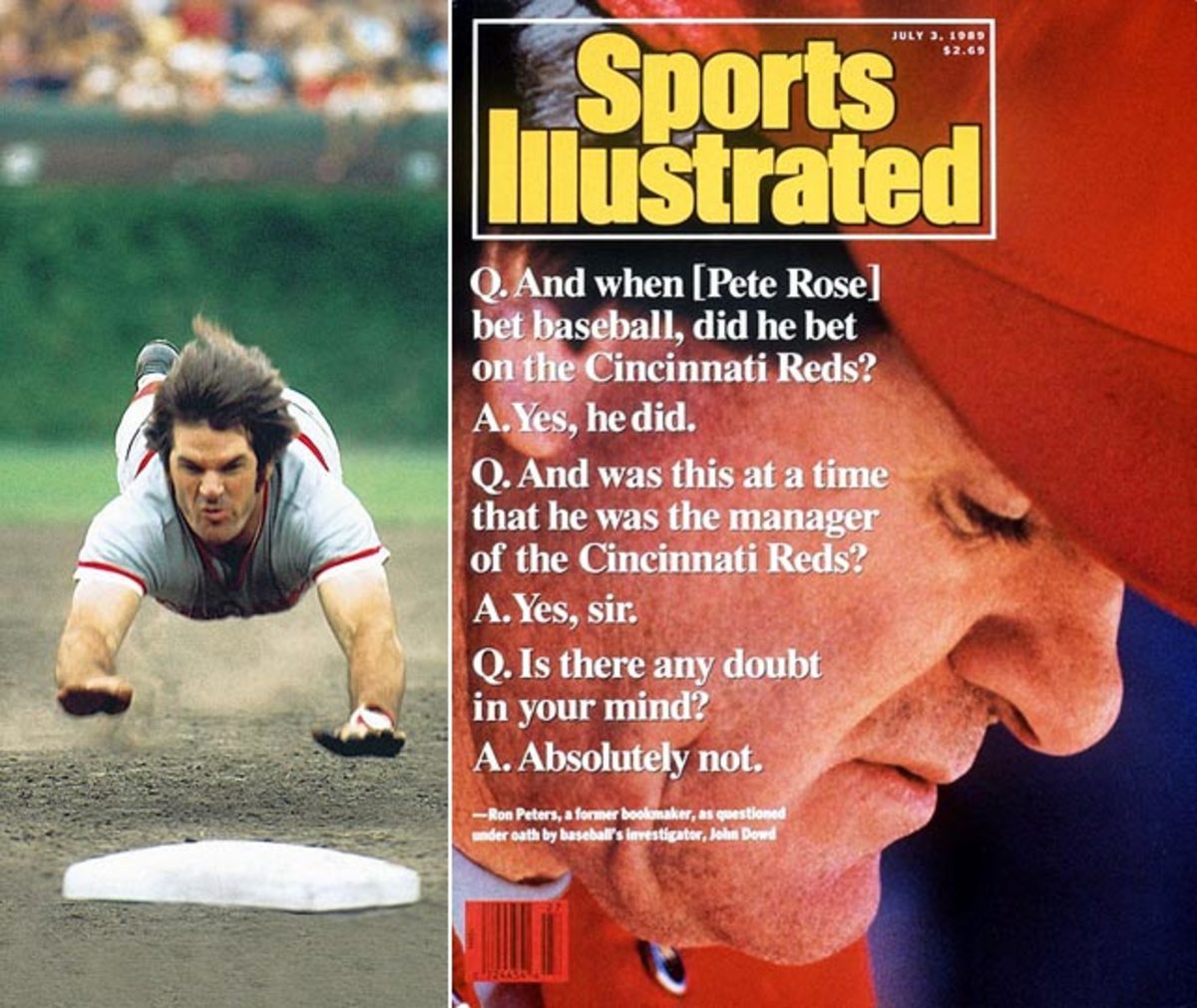
In 1989, Sports Illustrated first reported the story of Pete Rose's alleged gambling habits, including placing bets on baseball games. The report came after MLB questioned Rose and he denied gambling on the game. Later that year, however, MLB came into possession of documents detailing Rose's bets on baseball, including Cincinnati Reds games while he was their manager. Similarly to the 1919 Black Sox Scandal, Rose was found to have committed the ultimate no-no: betting on the game while having a direct effect on the outcome. The penalty for such an offense? A lifetime ban, one which he served while vehemently denying any wrongdoing until releasing an autobiography in 2004. In the book, the all-time hits king admitted he bet on Reds games "every night" as manager. Despite reinstatement efforts, no commissioner since his ban has acted upon Rose's requests to return to baseball.
Ben Johnson
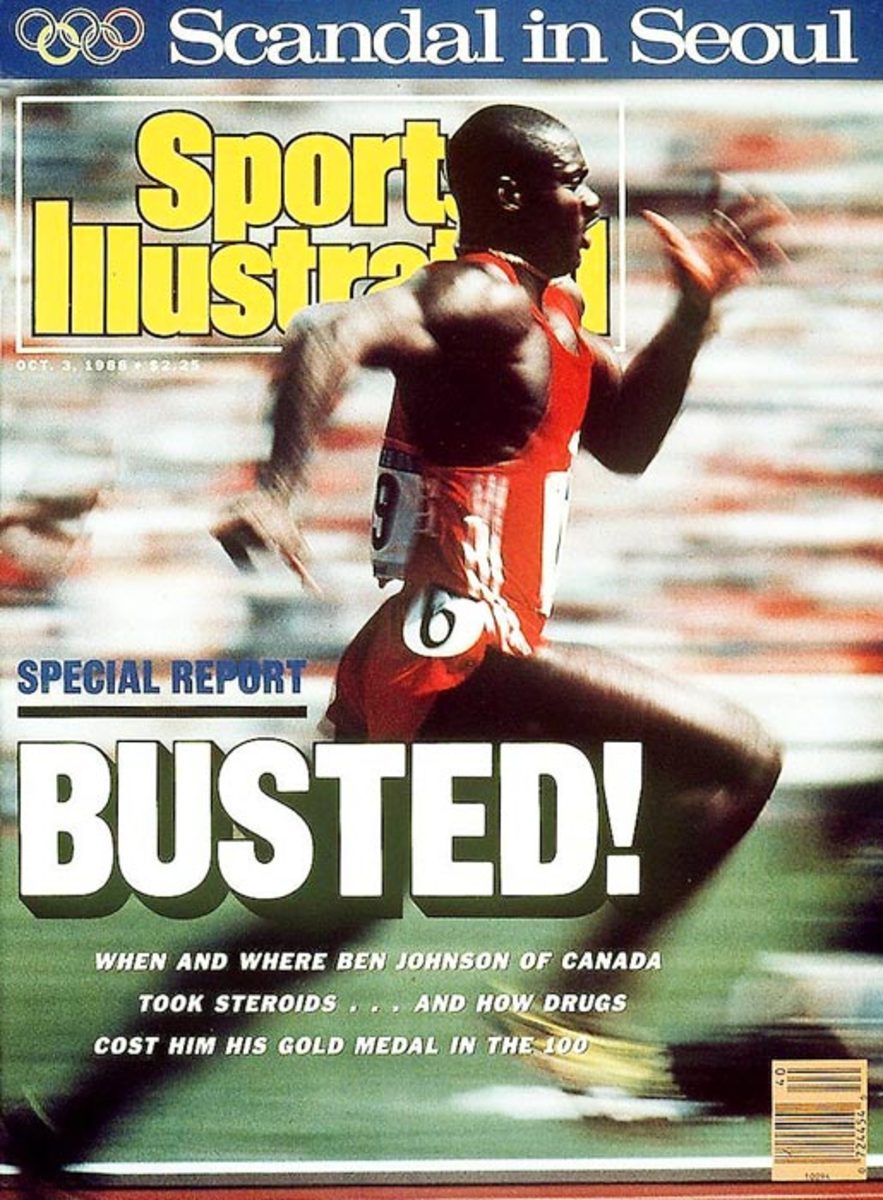
Ben Johnson tested positive for stanozolol after his world-record, gold medal-winning performance in the 100 meters at the 1988 Olympics in Seoul, South Korea. He initially denied knowingly using steroids, but he later admitted it during a Canadian government inquiry. After serving a suspension and being stripped of his medal and record, Johnson returned to racing, only to test positive for testosterone doping in 1993 and earn a lifetime ban.
Lance Armstrong

Lance Armstrong was banned for life and stripped of his seven Tour de France titles by cycling's governing body after a report asserted that he had cheated throughout his career.
1919 Black Sox
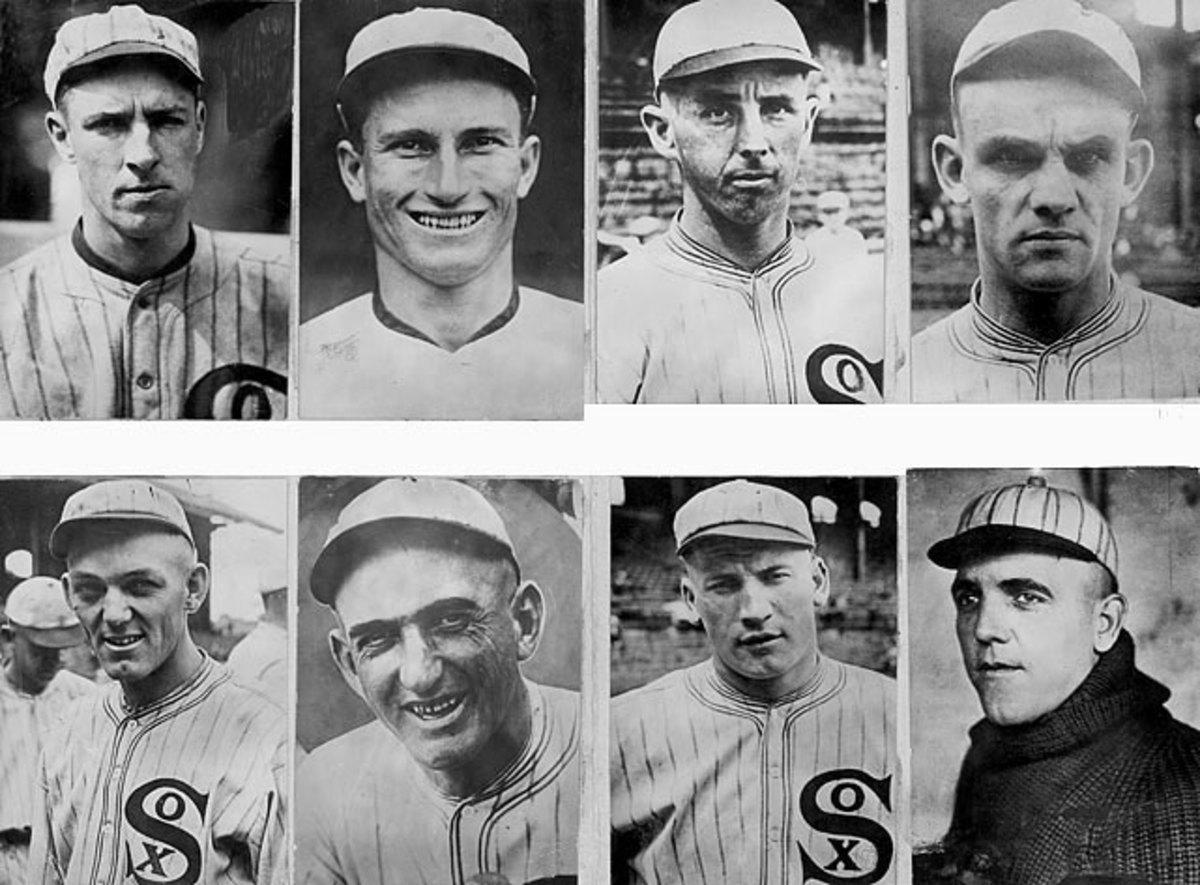
Early baseball was ripe with gambling scandals as a number of players were banned for allegedly throwing games. But it all came to a head in 1921, when MLB banned eight members of the 1919 Chicago White Sox World Series team. Known as the Black Sox Scandal, these eight players were accused of conspiring to throw the World Series, which they lost to the NL champion Cincinnati Reds.
Ron Artest
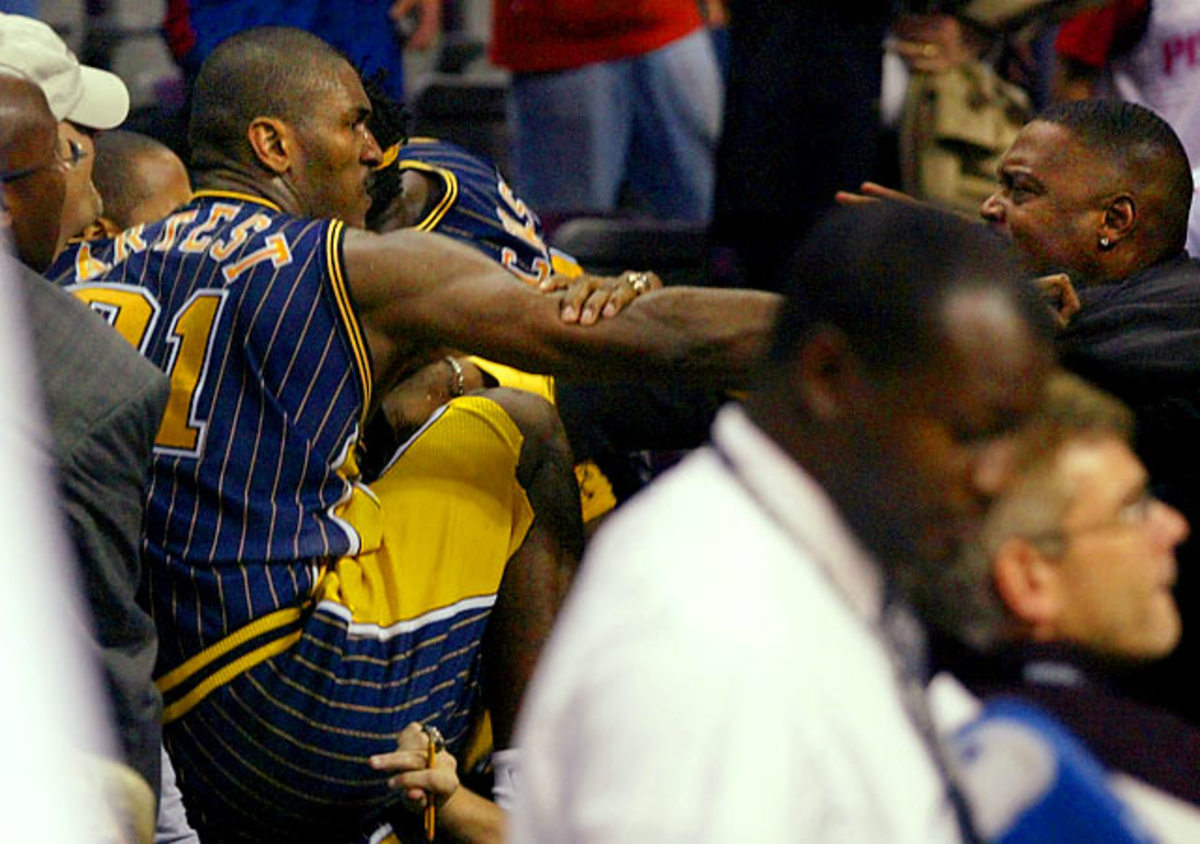
In what has become known as the Malice at the Palace, the 2004 Pacers-Pistons brawl led to nine players being suspended for a total of 146 games and a loss of nearly $10 million in salaries. And it all centered on Ron Artest, whose foul on Detroit's Ben Wallace escalated into a brawl between players and fans. Artest's hefty suspension (the remainder of the season -- 73 games, plus 13 playoff games) is the longest non-drug-related suspension for a player in NBA history. He lost nearly $7 million in salary as a result.
Alex Rodriguez
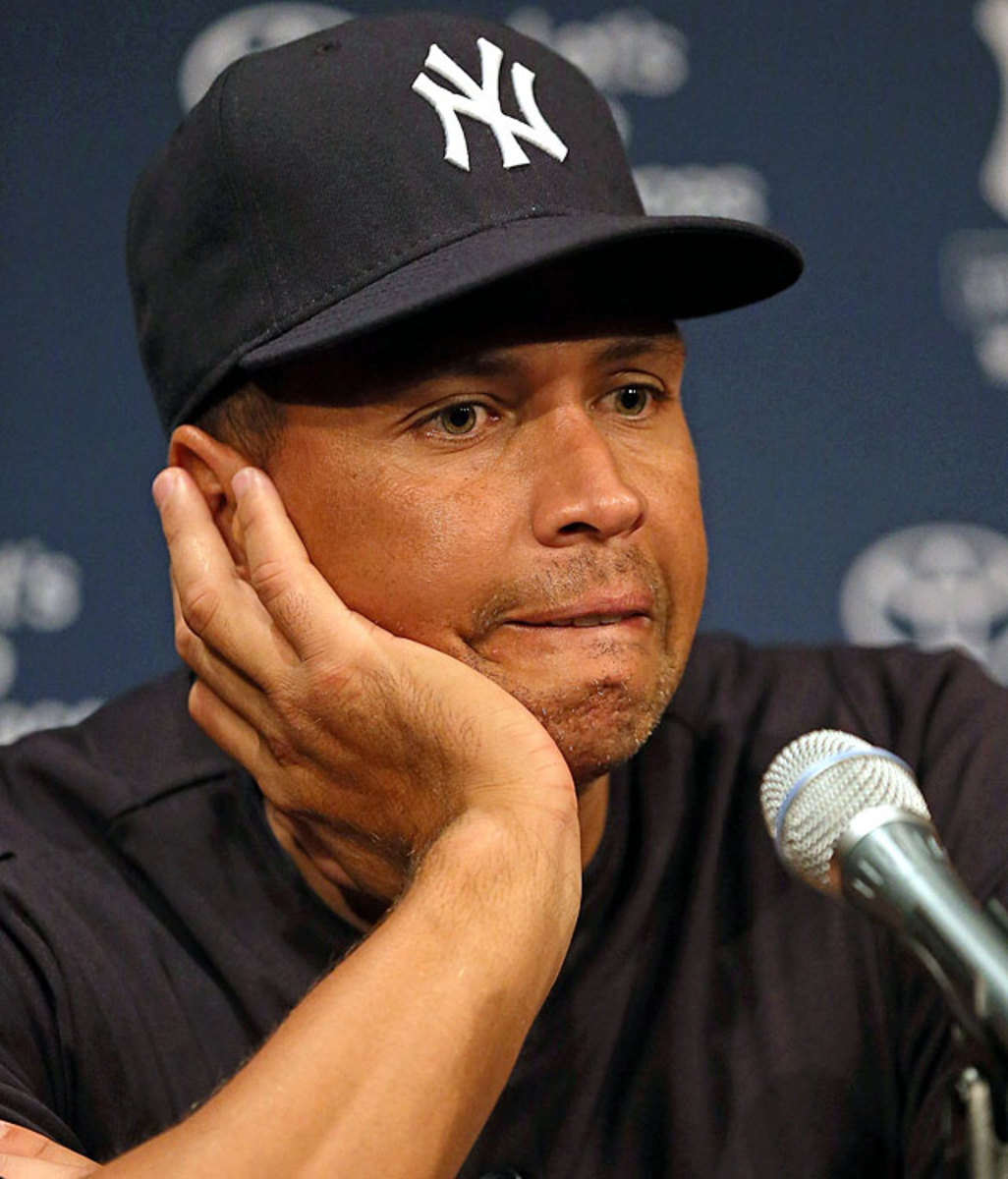
After a well-publicized investigation and appeal, Yankees third baseman Alex Rodriguez was hit with a 162-game suspension in January 2014 for his involvement with the Biogenesis scandal. Rodriguez was one of 14 players to receive bans, with his initial 211-game sentence eventually shortened to keep him out of the entire 2014 regular season and postseason. The suspension cost him $25 millon in salary.
Gilbert Arenas
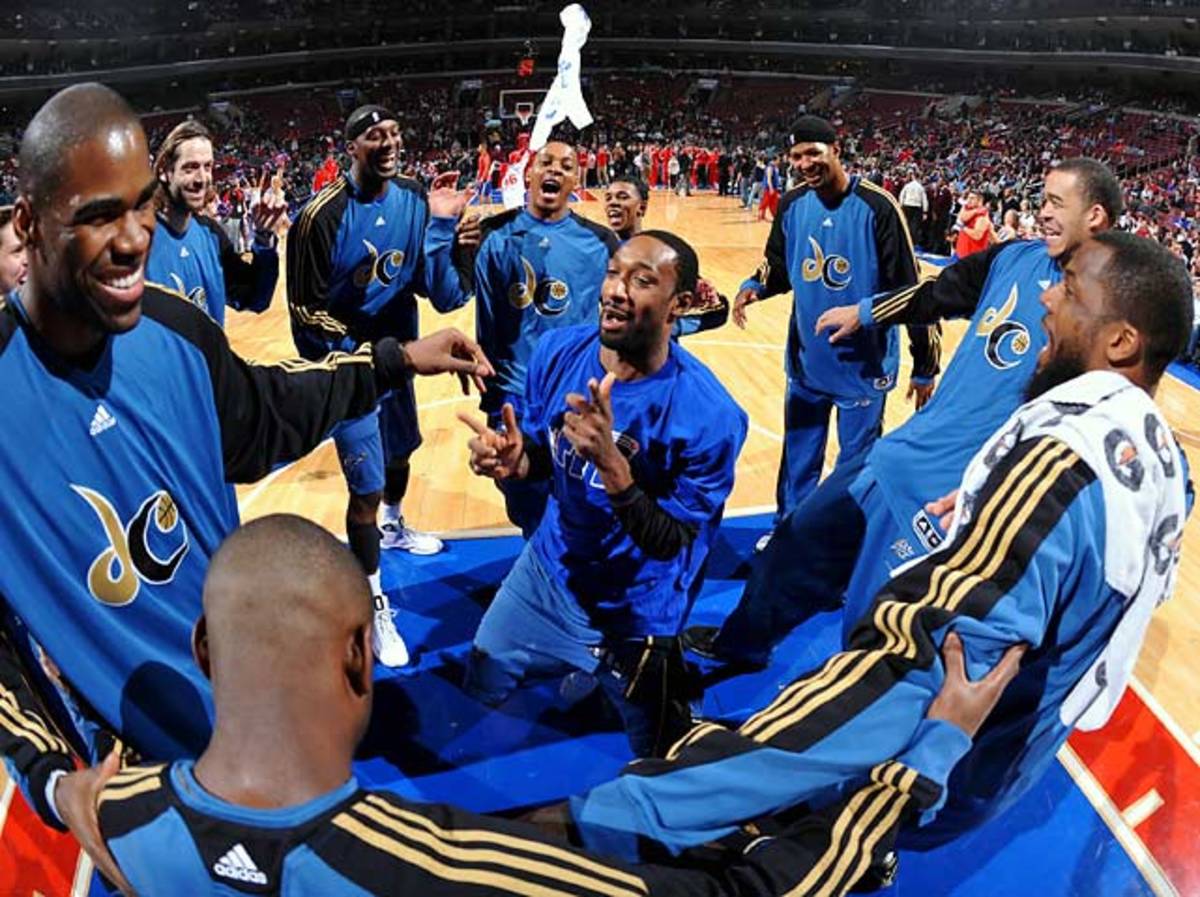
Three-time All-Star guard Gilbert Arenas, who had been suspended indefinitely and missed 12 games, was suspended for the remainder of the Washington Wizards' 2009-10 season -- 50 games in all -- after pleading guilty to gun charges for having weapons in the team's locker room.
Latrell Sprewell
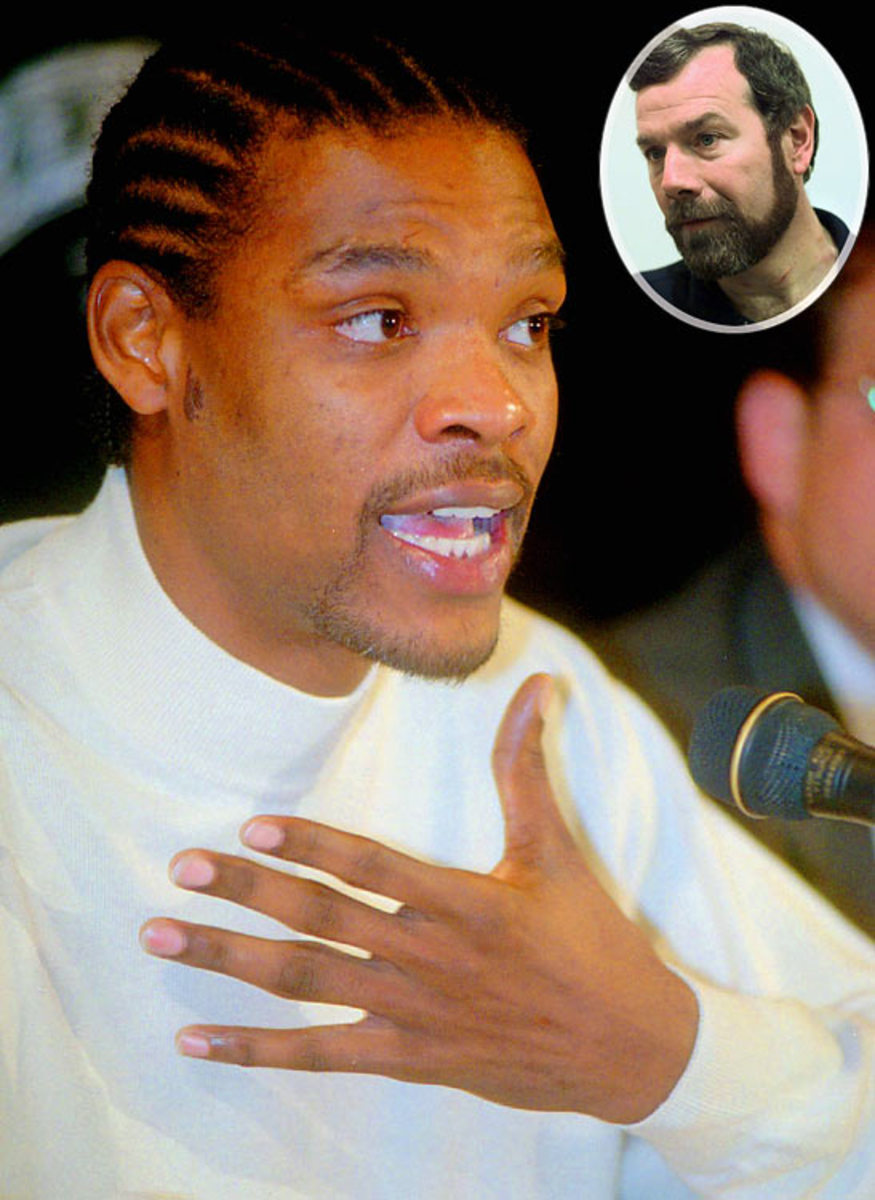
Two years after punching and threatening to hold a gun to a teammate, Latrell Sprewell went off on coach P.J. Carlesimo after the Warriors' coach yelled at Sprewell to improve his passing during practice. The four-time All-Star, in no mood for criticism, threatened to kill Carlesimo before choking him and dragging him to the ground. In response, the Warriors voided the remainder of his contract, but on appeal, Sprewell had the voiding overturned and the suspension reduced to 68 games.
Tonya Harding

Tonya Harding, left, and Nancy Kerrigan, right, were American Olympic figure skating rivals, fighting to lead the U.S. team in the 1994 Games. Harding took things overboard -- hiring a hitman to take a whack at Kerrigan's knee -- which prevented her from competing in the U.S. championships. When the facts came out, Harding was banned from competition for life. Kerrigan went on to win Olympic silver that year.
Ryan Braun
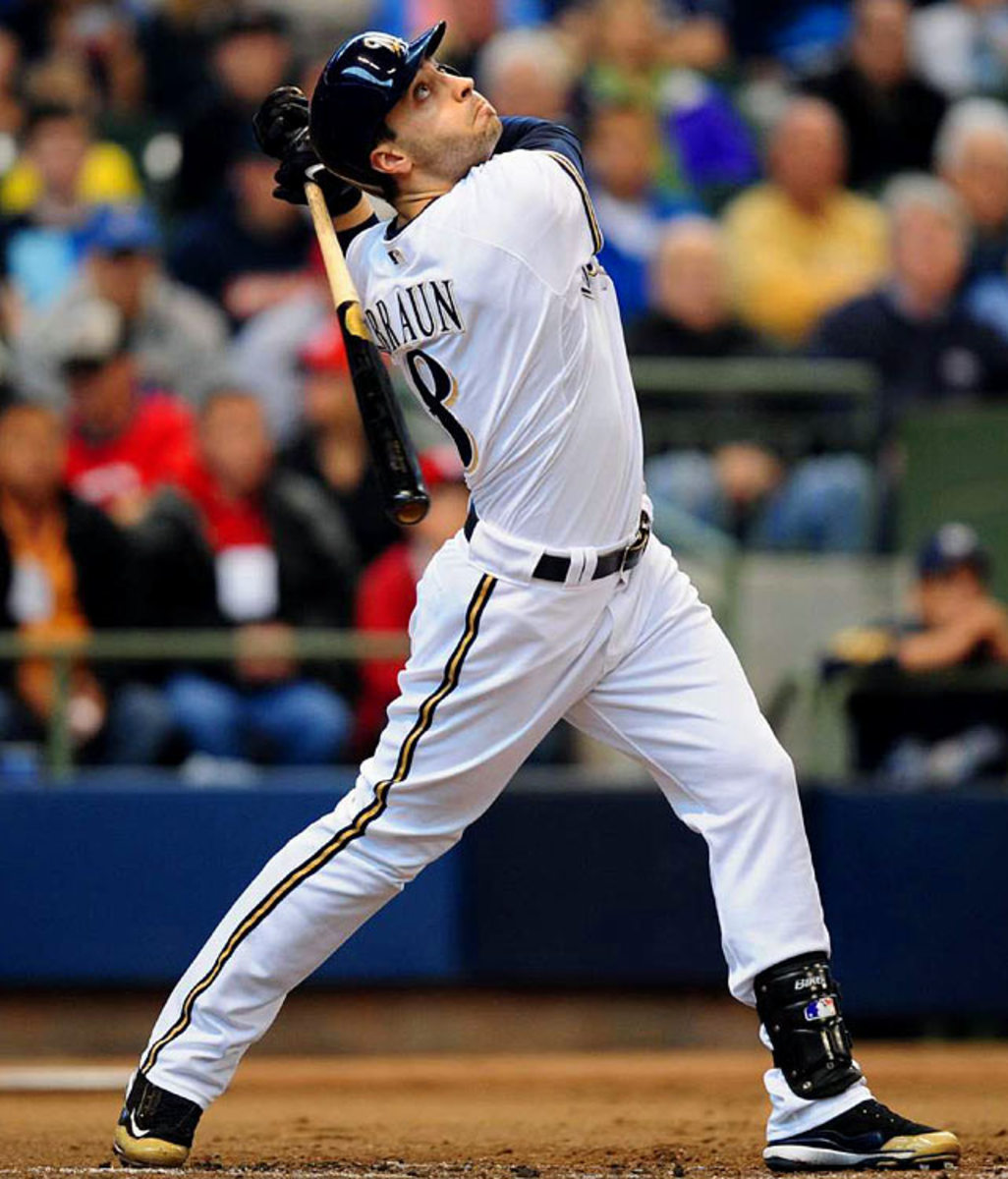
In 2013, Milwaukee Brewers slugger Ryan Braun was hit with a 65-game midseason suspension for his involvement with Biogenesis, as well as his actions in overturning an initial positive test in 2011. Braun admitted to his mistake and lost $3.25 million in salary.
Sean Payton
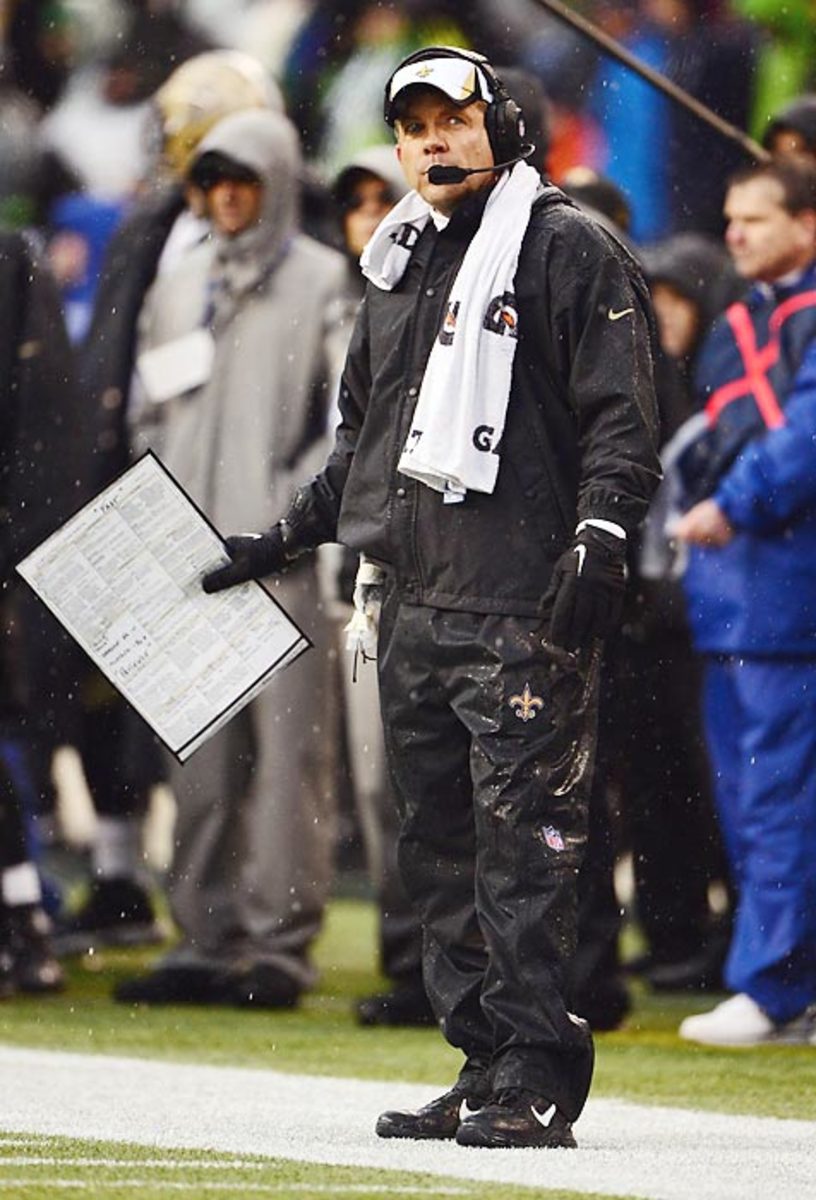
New Orleans Saints coach Sean Payton was suspended for a year without pay by the NFL in 2012 after an investigation found the club had a performance pool offering cash rewards for key plays, including big hits. Payton's defensive coordinator, Gregg Williams, was suspended indefinitely, and reinstated in February 2013.
Adam "Pacman" Jones
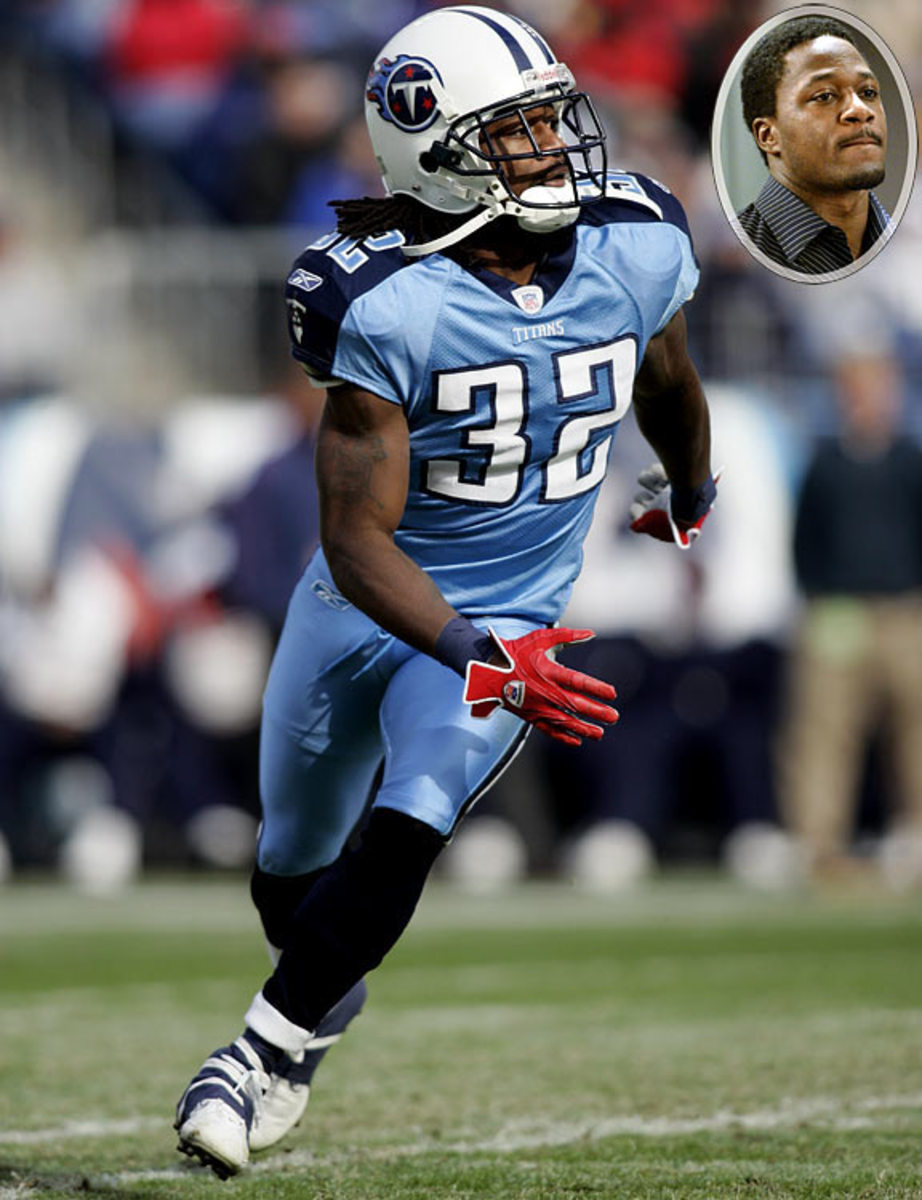
The former Tennessee Titans and Dallas Cowboys defensive back was the poster boy of commissioner Roger Goodell's new get-tough policy, missing the entire 2007 season because of suspension involving a brawl and shooting at a Las Vegas night club, and four games of the 2008 season following an incident with a body guard.
Muhammad Ali
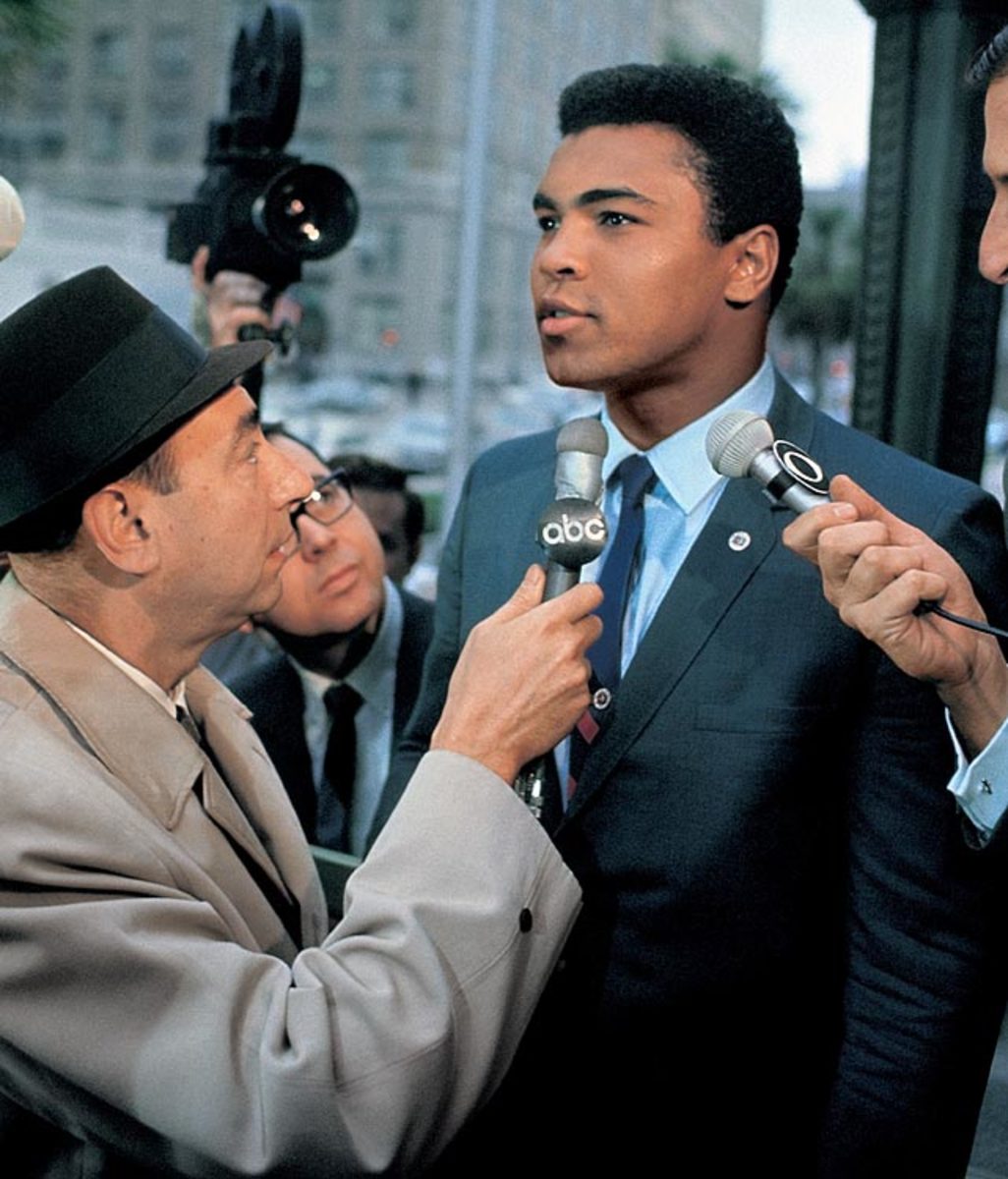
Muhammad Ali was banned from boxing for life (later reduced to 3½ years) after a jury found him guilty of refusing to be inducted into the U.S. Army. The guilty verdict was overturned by the U.S. Supreme Court in 1971.
Art Schlichter
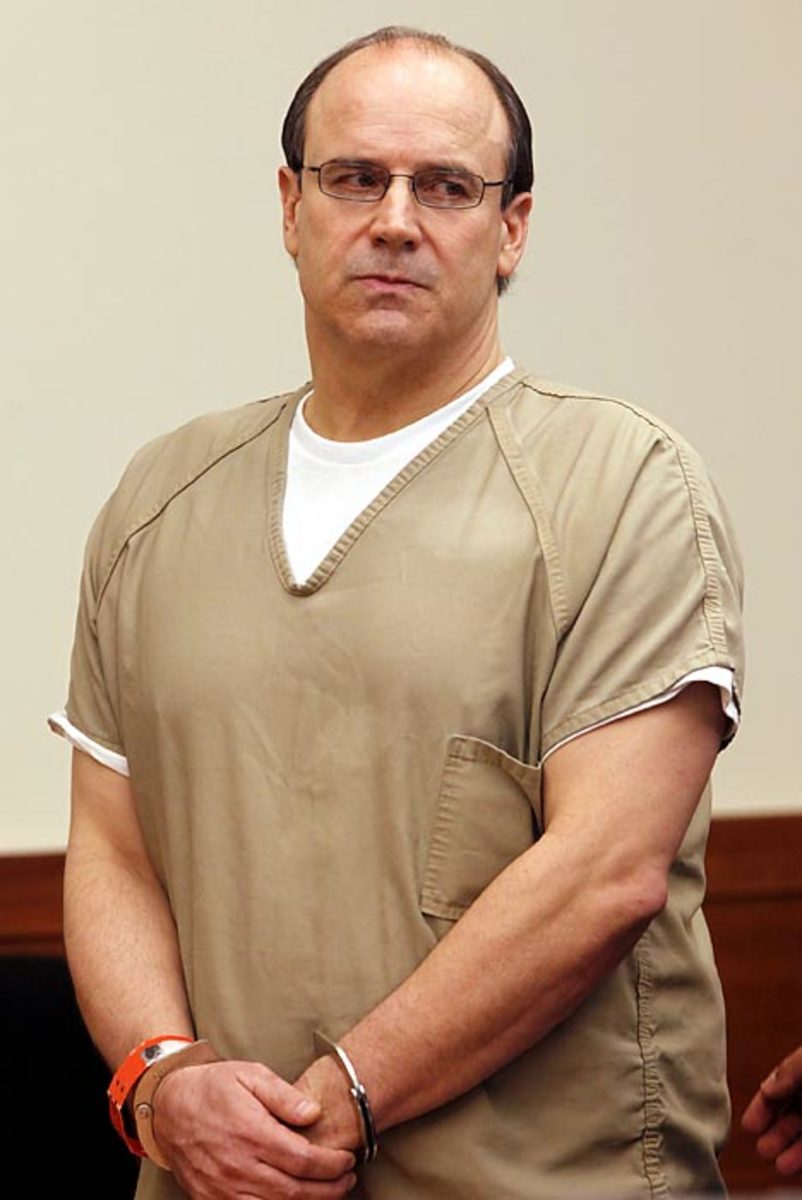
A former first-round NFL draft pick (No. 4 overall by the Baltimore Colts in 1982), Art Schlichter threw away his promising career because of his gambling addiction. In 1983, he was suspended for a season by the NFL because he bet on NFL games. He was with the Colts for five games after his reinstatment, but the team dropped him when signs of his gambling resurfaced; he never played in the league again.
Steve Howe

New York Yankees reliever Steve Howe was banned from baseball in 1992 after seven drug-related suspensions. An independent arbiter would eventually get the hard-throwing lefty reinstated. Howe battled substance abuse, primarily cocaine and alcohol, throughout his life and died at the age of 48 in 2006. Toxicology reports after his autopsy revealed he had methamphetamine in his system.
Marge Schott
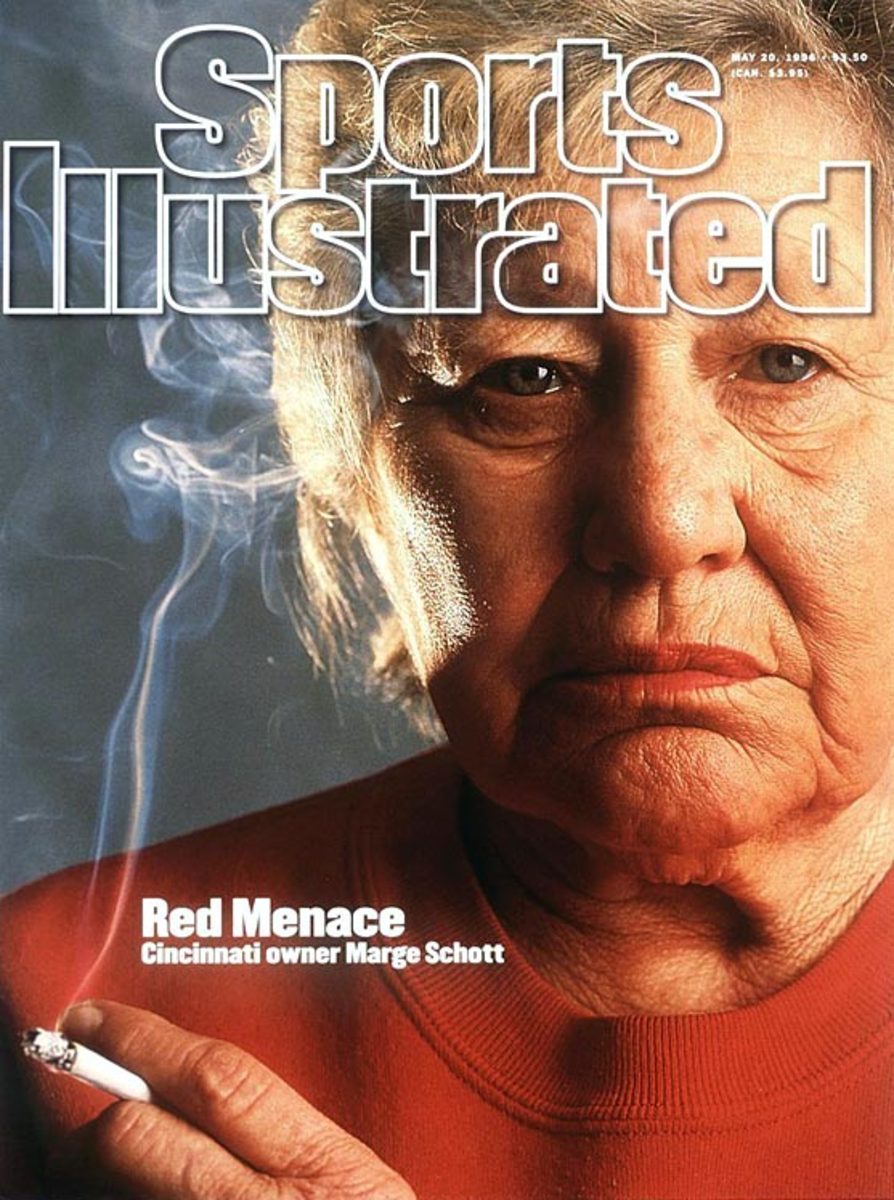
Although she had previously received a hefty fine ($250,000) for her anti-Semitic, racist and homophobic comments, Marge Schott's tirade in 1996 was all MLB could take. The final blow came when the Cincinnati Reds owner spoke favorably of Adolf Hitler, saying he "was good in the beginning, but went too far." In the same month, Schott was quoted in a Sports Illustrated article as having spoken in a "cartoonish Japanese accent" while describing her meeting with the Japanese prime minister. She wasn't reinstated until 1998.
George Steinbrenner
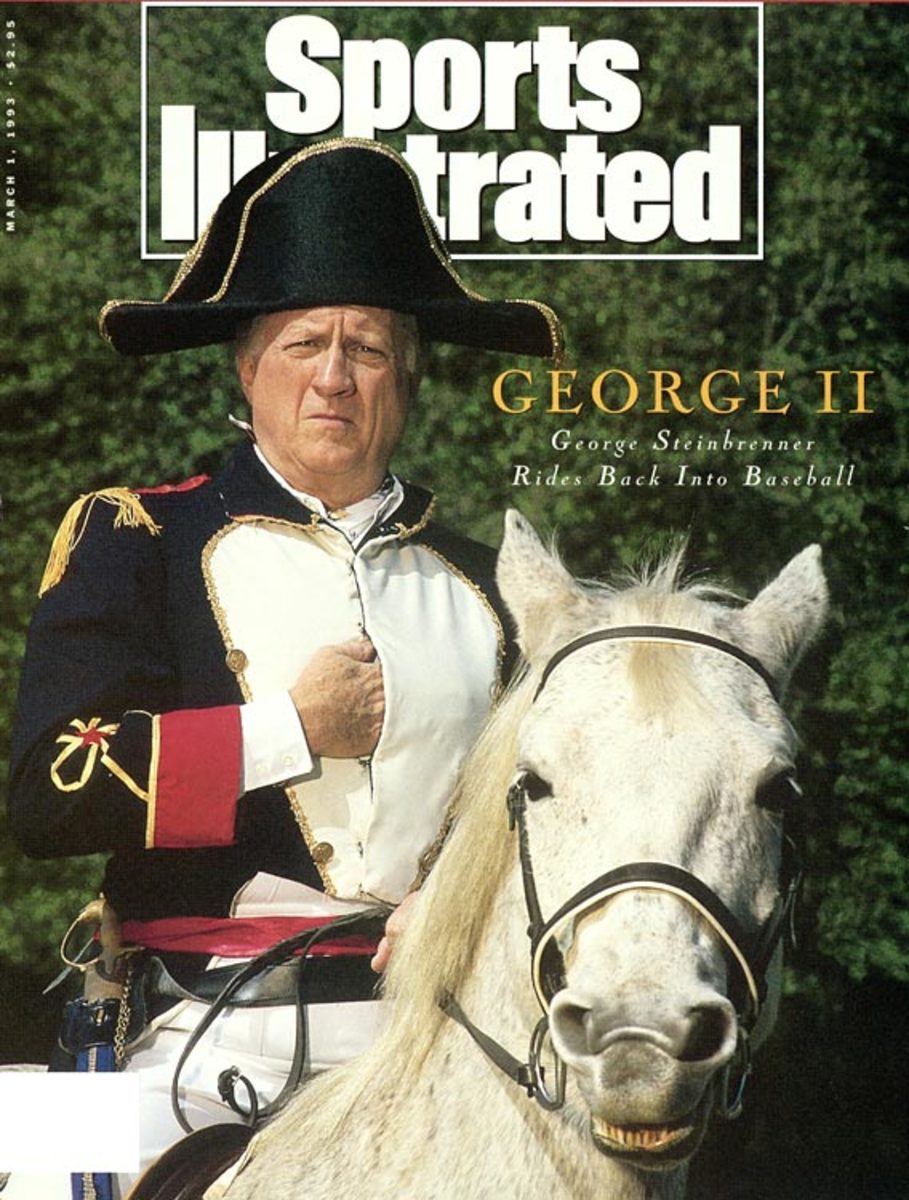
Baseball brought the hammer down on the late, cantankerous New York Yankees owner George Steinbrenner in 1990. "The Boss" paid a private investigator $40,000 to "dig up dirt" on All-Star Yankees outfielder Dave Winfield after the relationship between him and the slugger had soured mostly due to a contract squabble. Not surprisingly, MLB wasn't too happy about that and banned him from the game. Steinbrenner's ban lasted until 1993, when new commissioner Bud Selig reinstated him. Of note: MLB suspended Steinbrenner for 15 months in the 1970s after he pleaded guilty to making illegal campaign contributions to President Richard Nixon.
Stanley Wilson
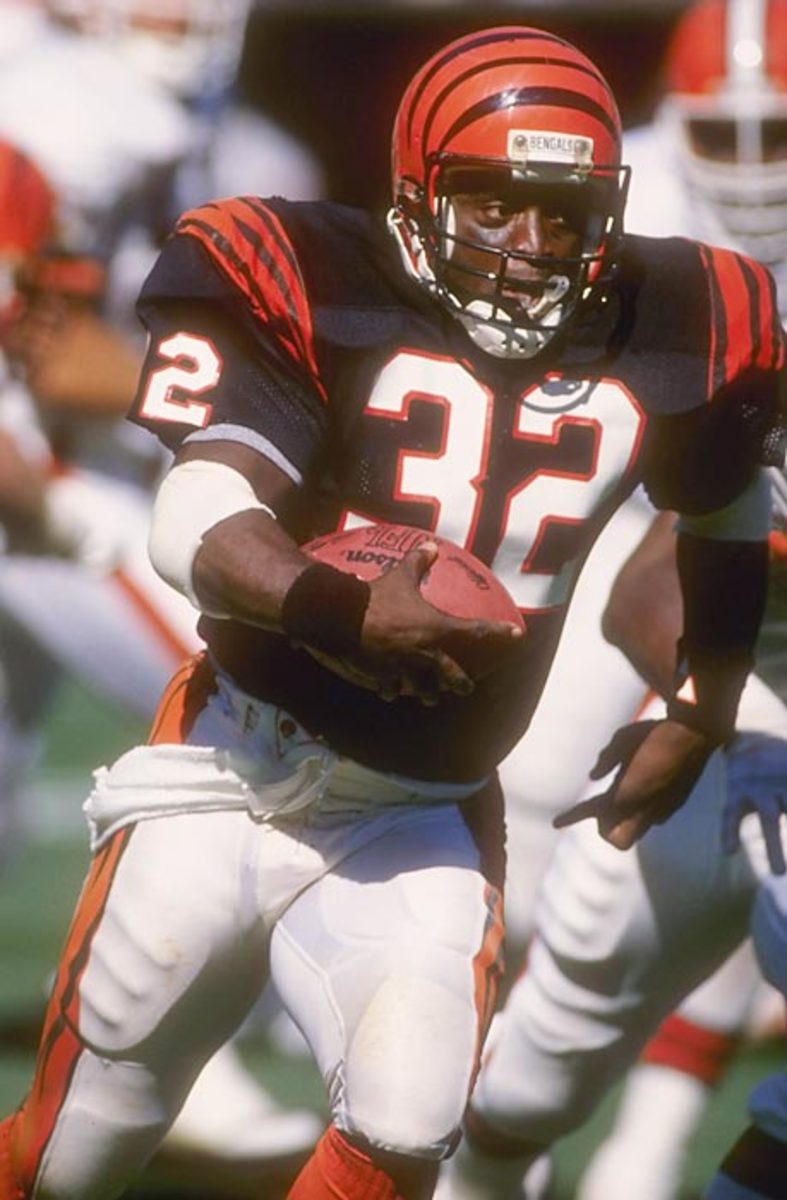
Cincinnati running back Stanley Wilson was infamously suspended on the eve of his team's 20-16 loss in Super Bowl XXIII, this after he was caught using drugs yet again (he previously had been suspended in 1985 and '87.) The third strike resulted in essentially a lifetime ban for the 27-year-old back.
Donte' Stallworth
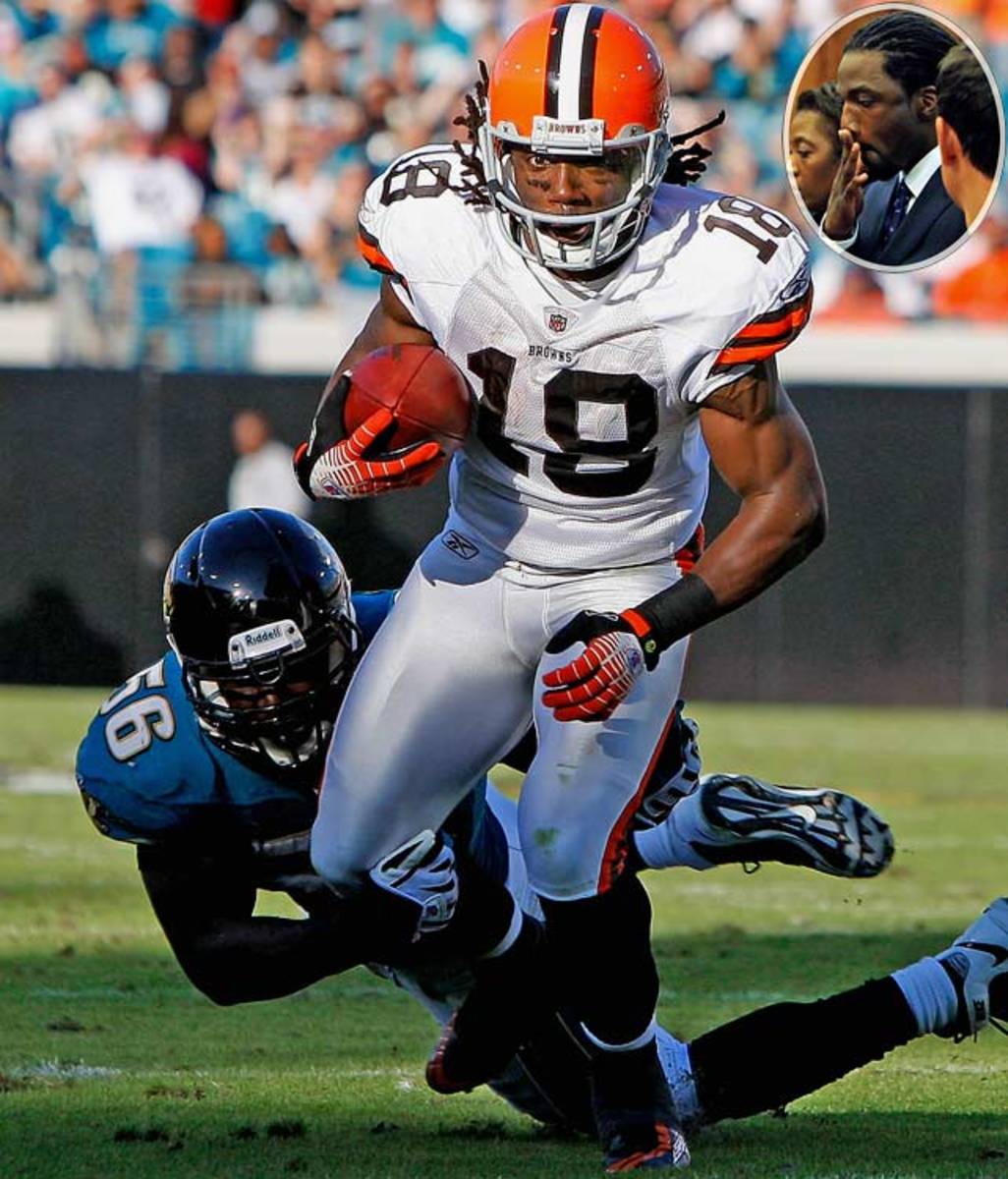
Much-traveled wide receiver Donte' Stallworth was suspended for the entire 2009 season after he pled guilty to DUI and second-degree manslaughter after his car stuck a 59-year-old man in Miami that spring.
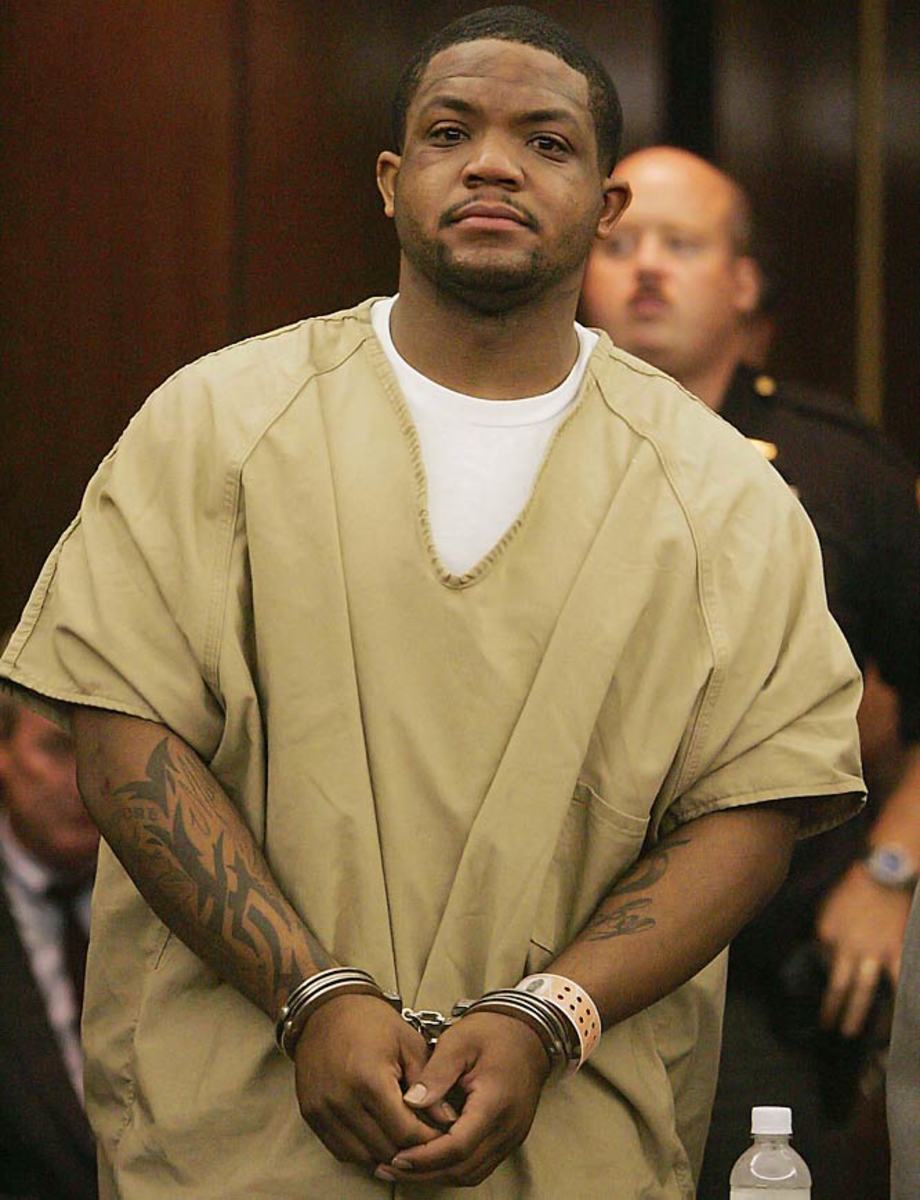
Ohio State star running back Maurice Clarett was suspended for the 2003 season after the school learned he had accepted thousands of dollars in illicit extra benefits and had lied to investigators.
Chris Simon
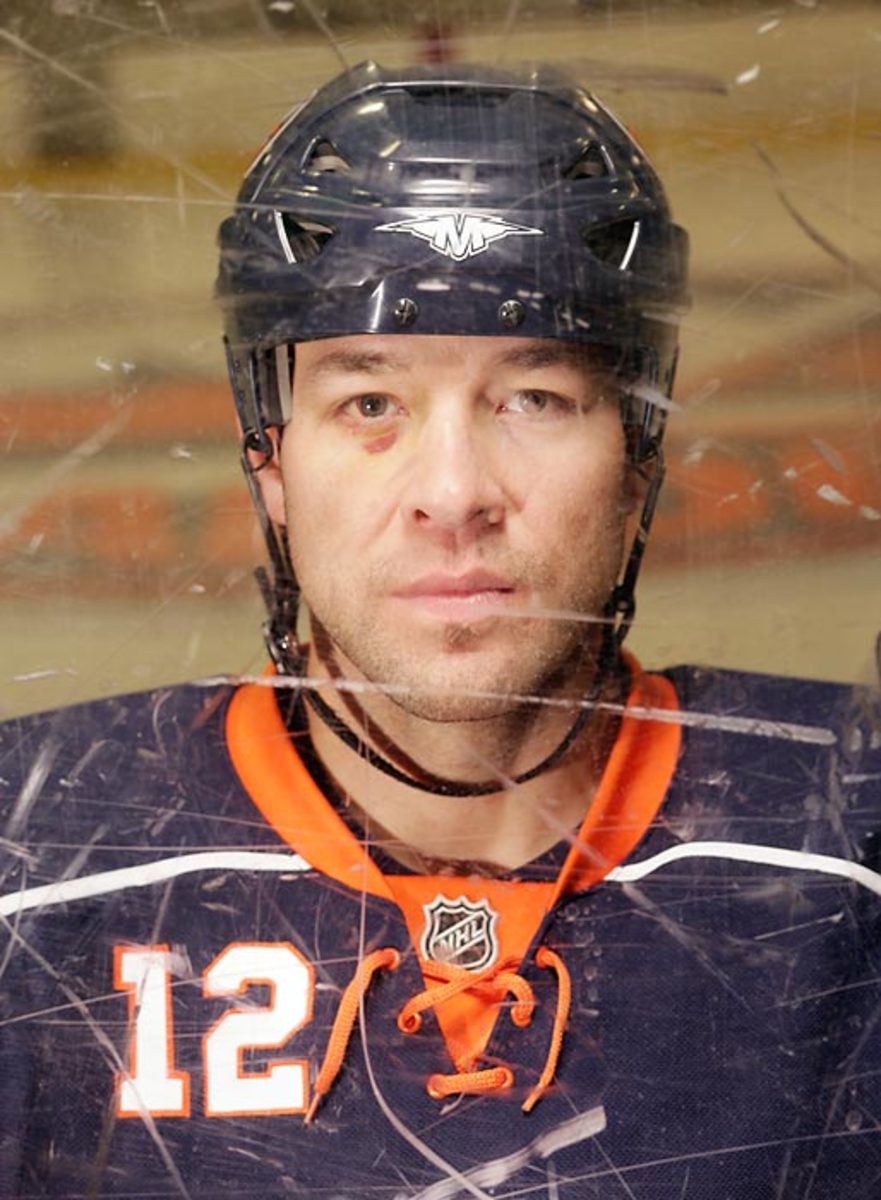
Chris Simon was hit with a 30-game suspension in 2007 after stomping his skate into the foot of Pittsburgh Penguins forward Jarkko Ruutu.
Johnny Jolly
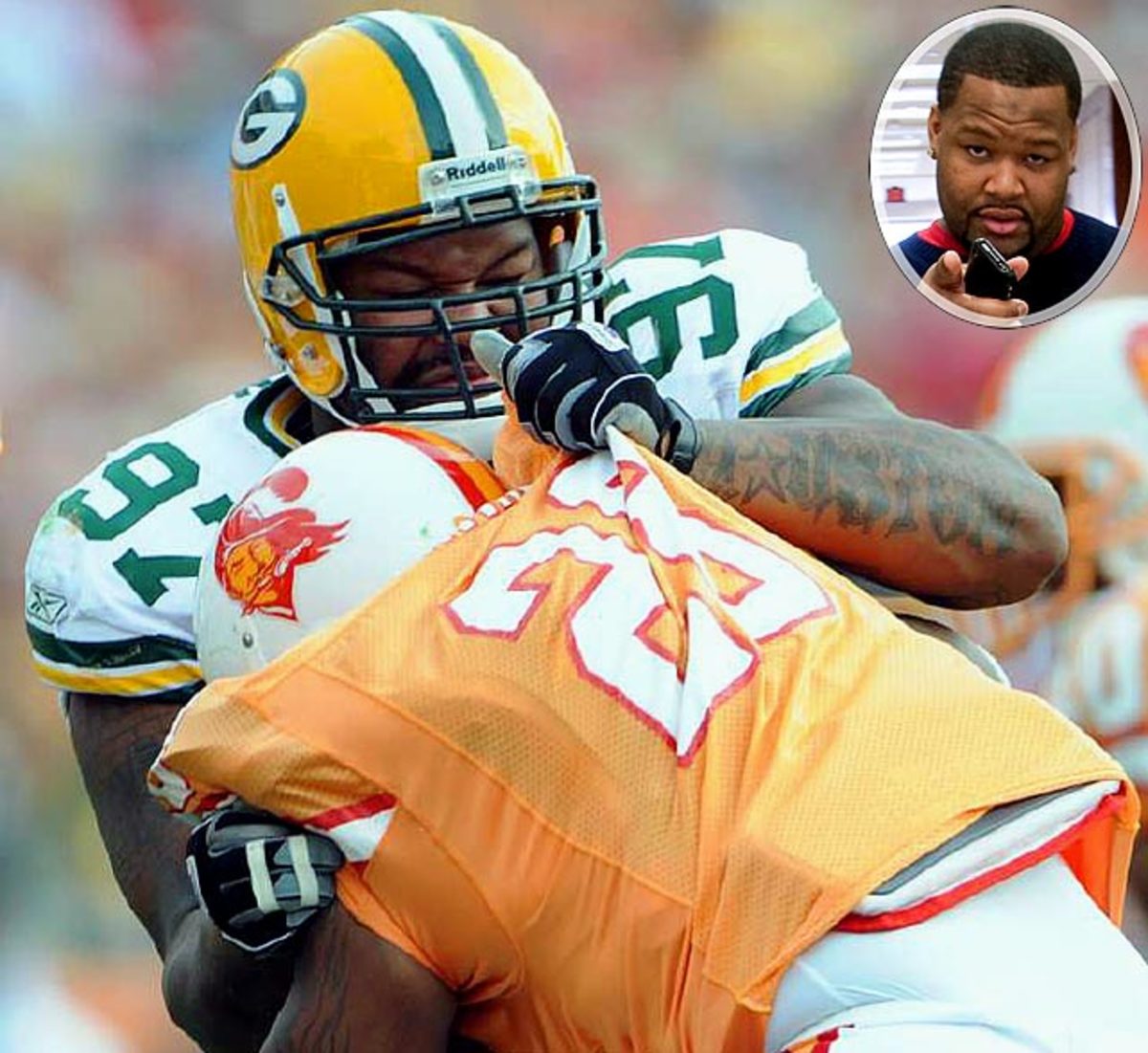
Facing drug charges stemming from his July 2008 arrest outside a Houston nightclub, Packers' defensive tackle Johnny Jolly was handed a year-long suspension from the NFL, the harshest penalty so far that offseason. Reports surfaced in June that Jolly had been involved in the buying, selling and distribution of illegal substances.
Eric Cantona
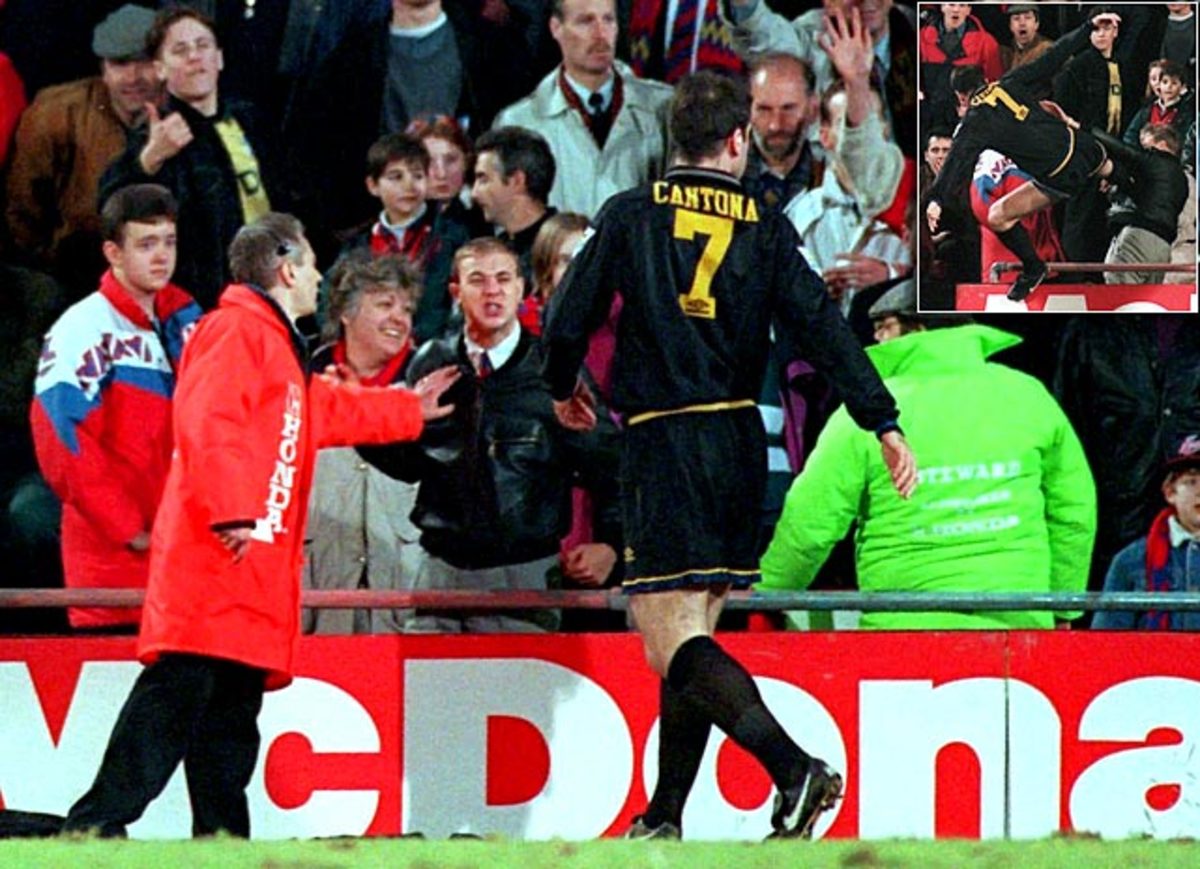
Eric Cantona, a Manchester United striker, lived up to the name of his position by leaping into the stands and karate-kicking a fan in the chest. Cantona, who had been ejected from the game when he took exception to the fan's taunts, was charged with assault and served a nine-month suspension.
~Scooby Axson
